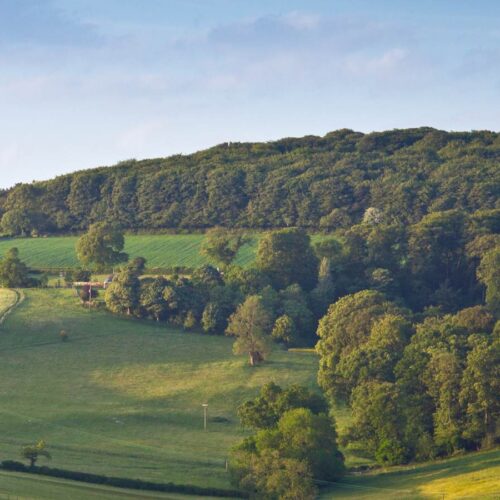Nancy Thomson is the CEO of Thomson Ecology and one of very few female business leaders to run a large and successful consultancy in the STEM (Science, Technology, Engineering and Maths) sector. With our headquarters in Guildford, Surrey, we are the fastest growing environmental consultancy in the UK and employ around 150 staff.
Nancy has worked in environmental sciences and ecology for over 30 years and in that time, she has seen a definite shift in attitudes towards women working in what has been a traditionally male dominated sector. She feels that, as part of her role, it is important to encourage and support women wanting to make a career in a STEM related discipline. She believes that, as a female business owner, attracting women into the sector is important. Below, she gives her views on how the sector is changing and what STEM graduates should consider when applying for jobs in the sector.
“Latest statistics show that, although growing, the number of women working in STEM subjects is still low compared with men. Just 35% of girls choose maths, physics, computing or a technical vocational qualification compared to 94% of boys. This reduces with the number going on to do a degree or level 4 qualification in maths, physics, computer science or engineering – 9% of girls compared to 29% of boys. This is disappointing, but I’m pleased there is an upward trend, however slow it may be. Science is an area that should be just as open to women as it is to men, and my career path, I hope, shows that it is possible as a woman to run a successful STEM business. I would love to see more women in top positions in STEM related businesses.
My career was definitely not mapped out early on. When I was at school, I was an all-rounder academically – good at science as well as art. In fact, I originally thought I would end up working in the art world. As it turned out, the first job I landed after finishing my studies was at Cranfield University, running an in-house environmental consultancy. It was the decision to take that job that shaped the rest of my career.
At the age of 26 I left Cranfield and set up my own environmental consultancy. I sold it when I was 41 and briefly considered retiring. Instead I decided to take on the position of Chairman at a Scottish salmon farm and a non-executive director of a textile manufacturer. Following this, my husband and I bought a boat and embarked on a five year round the world trip. When we returned, I started Thomson Ecology and thanks to a strong team we have become market leaders.
I was very aware in the early days that I was probably only one of a few women running my own business in the STEM sector. I seldom met other women working at a senior level and I was regularly patronised in meetings by men who were surprised to meet a successful female entrepreneur when actually I never noticed whether I was dealing with men or women! I just focused on getting the job done. I think things are better now and that the younger generation are so much more tolerant about issues such as gender and race.
I run Thomson Ecology along egalitarian lines and I am keen that we have a good gender mix in the business. Our female/male split is roughly 50:50, the pay scales are the same for both men and women and when we interview it is about who is best suited for the job. Gender does not come into our decision making process at all. Our senior leadership team has three men and two women and again, gender is not something that I consider when looking at new appointments. I believe that as a woman, I should be supporting other women – after all if women don’t help women, who will?
The business operates a flexible hours policy. I’m happy for people to work the hours that suit them and from home if needs be, as long as they take responsibility for their work and the work gets done. It works really well for us, as the responsibility and the opportunities lie with them. We have often brought in graduates straight from University and I like to think that we provide them with a good in-house training programme and a good grounding in the ecology specialism. I also hope that they feel that they will have the chance to move up within the company if they so desire.
My advice is for any woman looking for a good starting role in environment or ecology or any other STEM discipline is to look at the gender split within the company you are interested in and the numbers of women in senior positions. That may give you a clue as to your future success in the business.”











